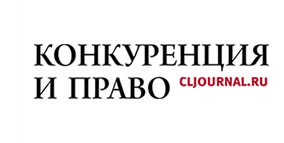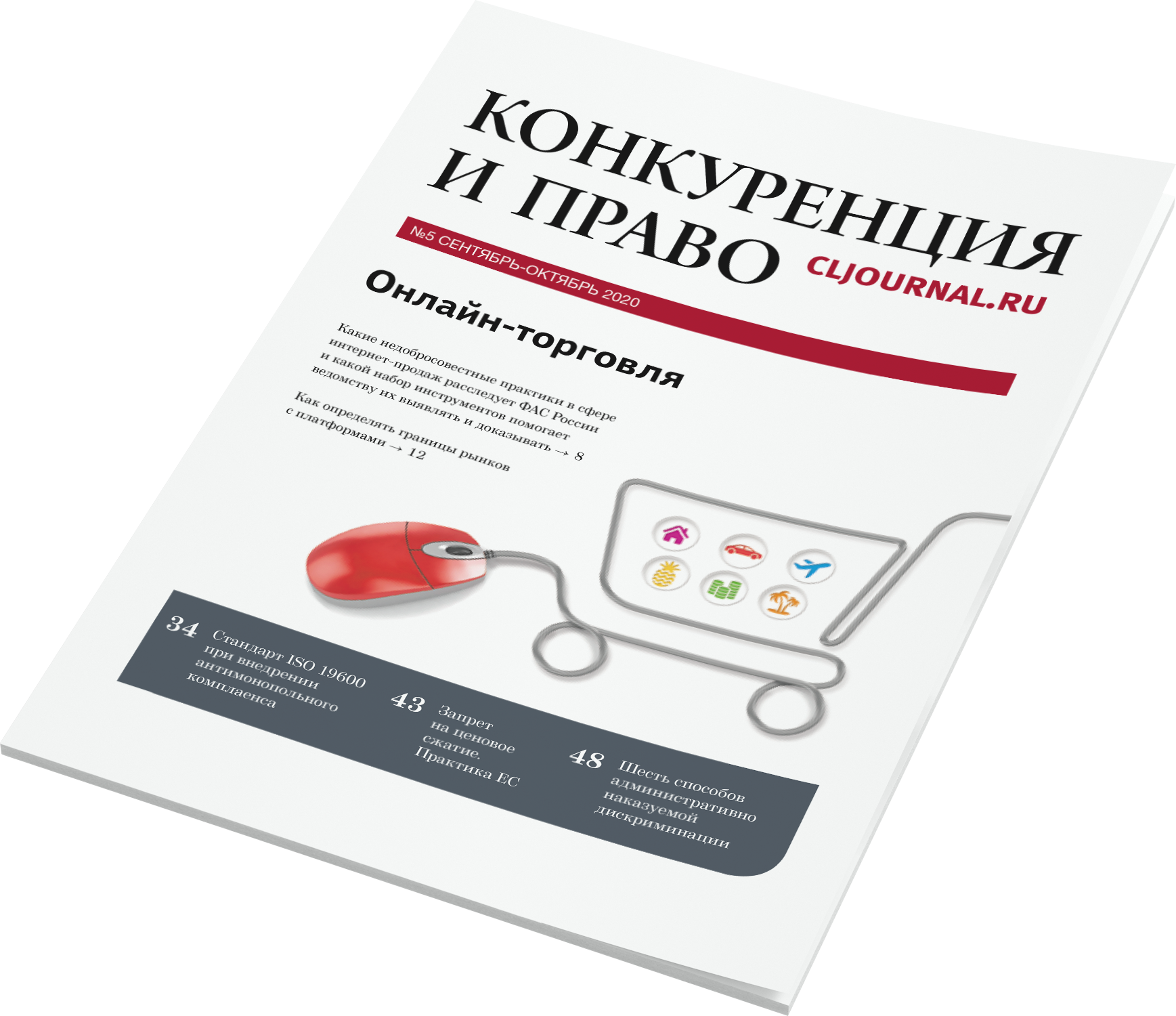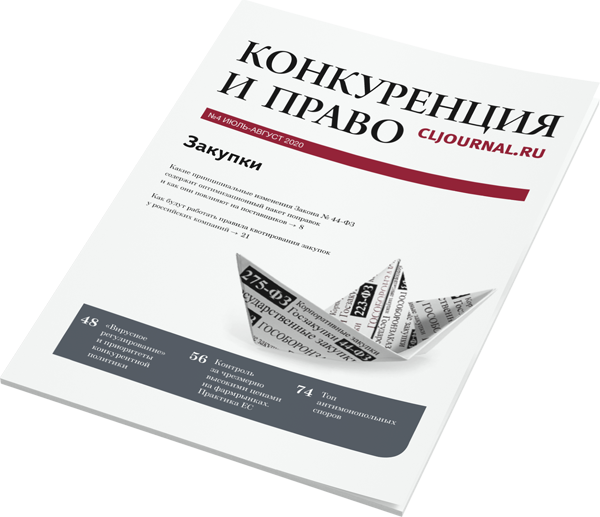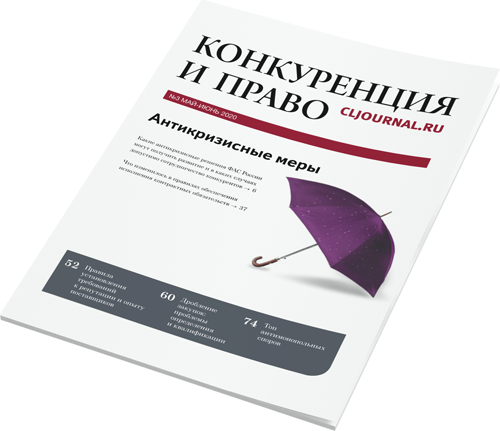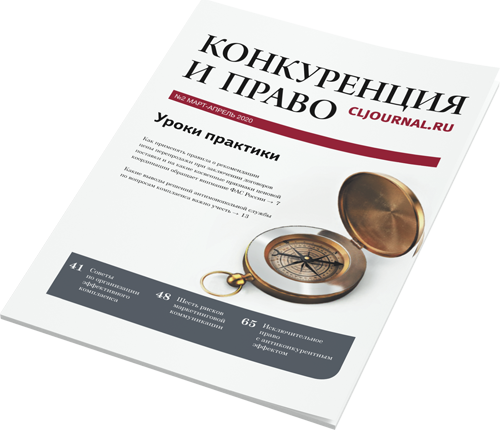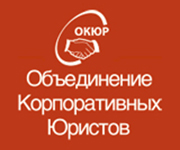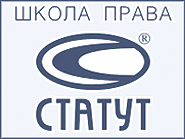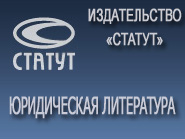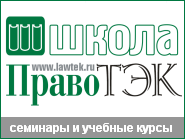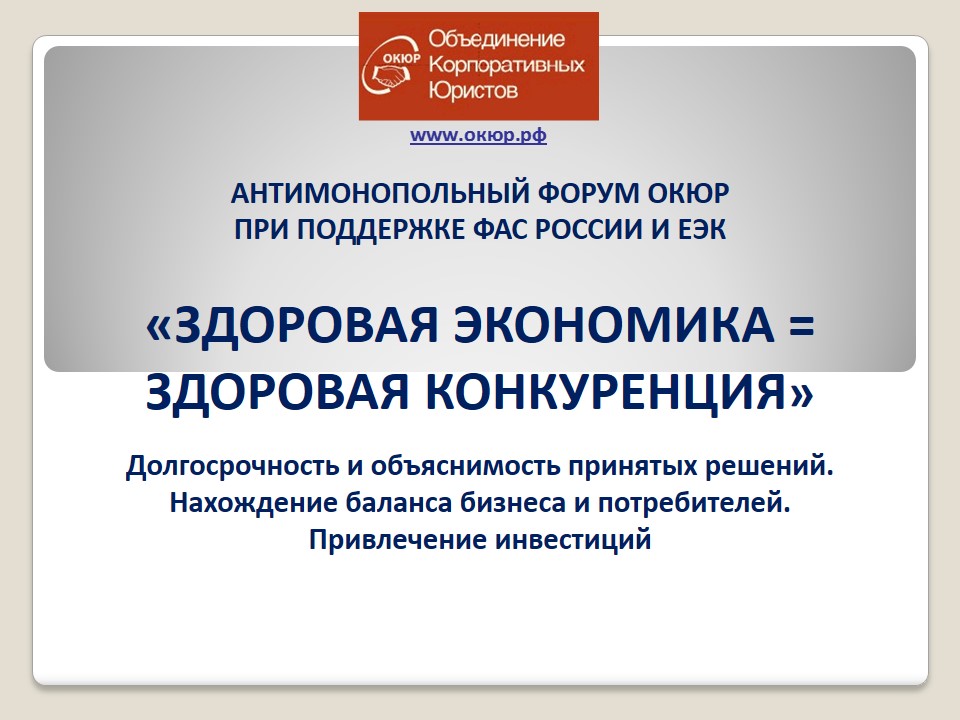|
||||||
 Elena
Sokolovskaya,
Chief Expert of Competition and Law journal
Pepeliaev Group advises of the changes in the area of antimonopoly compliance.
On 1 March 2020, the Russian President signed Federal Law No. 33-FZ “On amendments to the Federal Law ‘On the protection of competition’” which regulates how business entities should arrange for an internal antimonopoly compliance system (the “Law”). The Law takes effect on 12 March 2020. The law introduces the concept and principal elements of antimonopoly compliance. Below the key novelties are set out and their possible impact on the company’s operations is assessed.
The concept of antimonopoly compliance Federal Law No. 135-FZ dated 26 July 2006 “On the protection of competition” introduces the definition of a “internal antimonopoly compliance system” and the list of its fundamental elements. Antimonopoly compliance is understood as the entirety of the legal and organisational measures stipulated by an in-house regulation (or several regulations) of a company (or group of companies), which are aimed at ensuring conformity to antimonopoly legislation and preventing the corresponding offences. The concept of antimonopoly compliance system is widely spread abroad. Additionally, many Russian and foreign companies have already implemented such system at their own initiative for ensuring antimonopoly compliance and preventing the corresponding offences. When an antimonopoly compliance system is implemented, internal provisions may be adopted at a group level, provided that the requirements set out in such documents apply to all members of the group. This may ease the problem of implementing compliance systems in large holding structures.
Requirements for corporate documents The company should independently develop and regulate the details of its antimonopoly compliance, taking into account the specific features of its business and of its internal structural organisation. The Law also establishes certain compulsory elements of the antimonopoly compliance which should all be contained in business entities’ internal documents. Such elements include:
In addition to the above-listed compulsory elements, the company may set other requirements for the antimonopoly compliance system. The Law provides that the act(s) which regulate antimonopoly compliance should be published on the company's website. This information is published in Russian. In order to develop their antimonopoly compliance systems correctly, businesses will need more detailed explanations regarding the composition and special aspects of these required elements. To achieve this purpose, the Law provides for the company to have a right to send to the Federal Antimonopoly Service an internal regulation or draft internal regulation governing antimonopoly compliance. The Service must, within 30 days, examine the documents and give an opinion as to weather or not they conform to the requirements of antimonopoly legislation.
What to think about and what to do We recommend that companies:
06 марта 2020 г.
|
|

